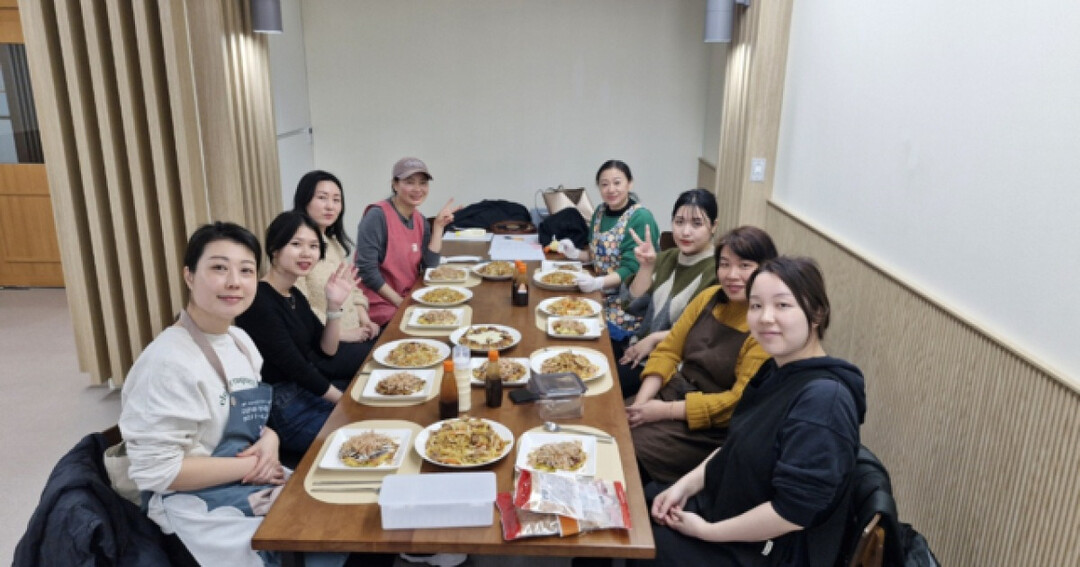
Gyeonggi Province, South Korea – Gyeonggi Province has announced a significant expansion of its "2025 Multicultural Family Club Activation Support Project," signaling a reinforced commitment to fostering the early settlement and social integration of its diverse multicultural population. This year, the program will support 68 clubs across 22 cities and counties, engaging a total of 777 participants.
The initiative, which began in 2013, aims to enhance communication skills and ease the transition for marriage immigrants into Korean society. By providing a platform for self-initiated community building, the program seeks to alleviate feelings of isolation stemming from language and cultural differences, while simultaneously broadening social participation among multicultural families.
Broad Participation Across Gyeonggi Cities
The 22 participating cities and counties in Gyeonggi Province for the 2025 program include major hubs and smaller municipalities: Suwon, Yongin, Goyang, Namyangju, Ansan, Pyeongtaek, Siheung, Paju, Gimpo, Gwangju, Hanam, Gunpo, Yangju, Osan, Icheon, Anseong, Uiwang, Pocheon, Yangpyeong, Dongducheon, Gapyeong, and Yeoncheon. This widespread involvement underscores the provincial government's dedication to reaching multicultural families throughout the region.
Diverse Activities Foster Community and Growth
Multicultural Family Support Centers, Family Centers, and various private organizations within each city and county will oversee the operation of these clubs. Each club typically comprises 10 to 12 members and offers a diverse range of activities, categorized into six main areas:
Hobby (26 clubs): Activities ranging from traditional crafts to modern leisure pursuits.
Arts & Performance (16 clubs): Focusing on traditional dance, music, and other artistic expressions from various cultures.
Self-directed Activities (14 clubs): Allowing members to propose and organize programs based on their shared interests.
Volunteer Work (6 clubs): Encouraging civic engagement and contributing to the local community.
Learning (3 clubs): Including educational support for children and skill-building workshops.
Sports (3 clubs): Promoting physical activity and teamwork.
These programs offer participants invaluable opportunities to experience different cultures, learn traditional performing arts, engage in parental education, and contribute their talents through volunteer activities. A notable aspect of the program is its inclusivity, allowing Korean nationals to participate, comprising up to 20% of the total membership, thereby fostering mutual understanding and connection within the broader community.
A Foundation for Social Integration
The Gyeonggi Province government emphasizes the long-term benefits of these initiatives. Kim Won-kyu, Director-General of the Gyeonggi Province Immigration and Social Affairs Bureau, stated, "We expect this project to provide multicultural families with opportunities to form spontaneous communities within the local society and share emotional support." He further expressed hope that the clubs would "help alleviate feelings of alienation due to language and cultural differences, and expand social participation."
This program aligns with South Korea's broader national policies on multicultural integration, which have evolved significantly over the past two decades. The "Multicultural Families Support Act," enacted in 2008, established a legal framework for providing comprehensive support to marriage immigrants and their families. While initial policies often focused on assimilation, there has been a gradual shift towards promoting cultural diversity and mutual understanding, as evidenced by initiatives like the Multicultural Family Support Centers across the country. These centers, along with the Danuri Helpline (1577-1366), serve as crucial resources for multicultural families, offering a wide array of services including Korean language education, counseling, and employment support.
The success of these localized club initiatives in Gyeonggi Province is seen as a key component in building a more inclusive and harmonious society, recognizing the increasing diversity of South Korea's population.
[Copyright (c) Global Economic Times. All Rights Reserved.]






























